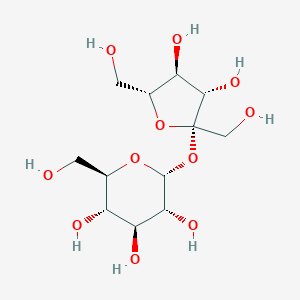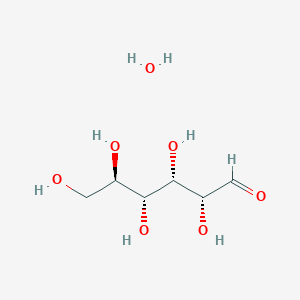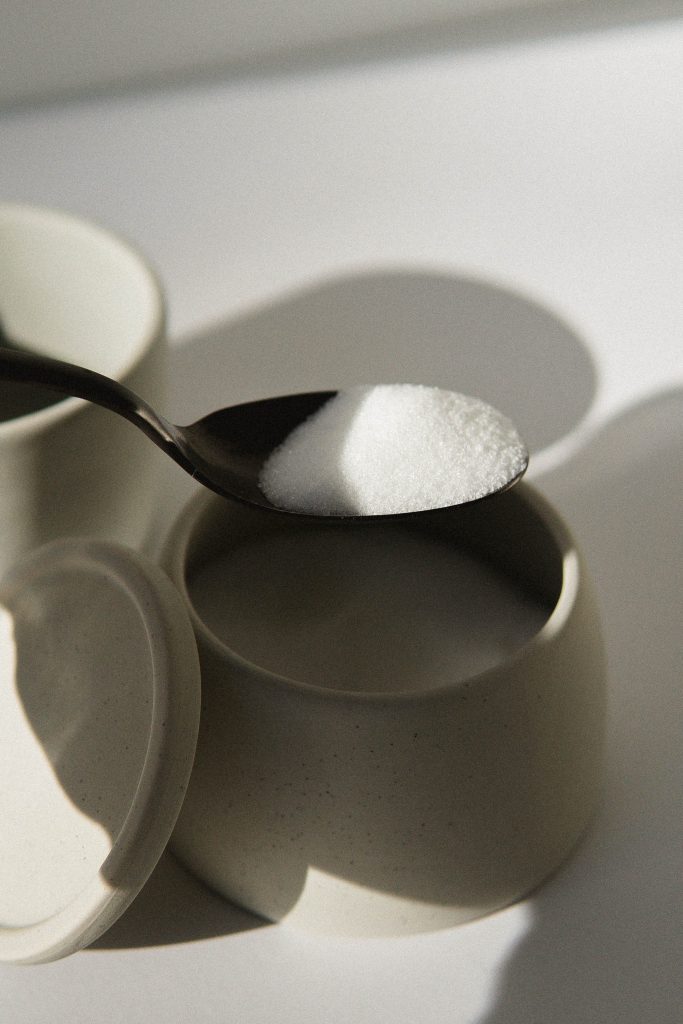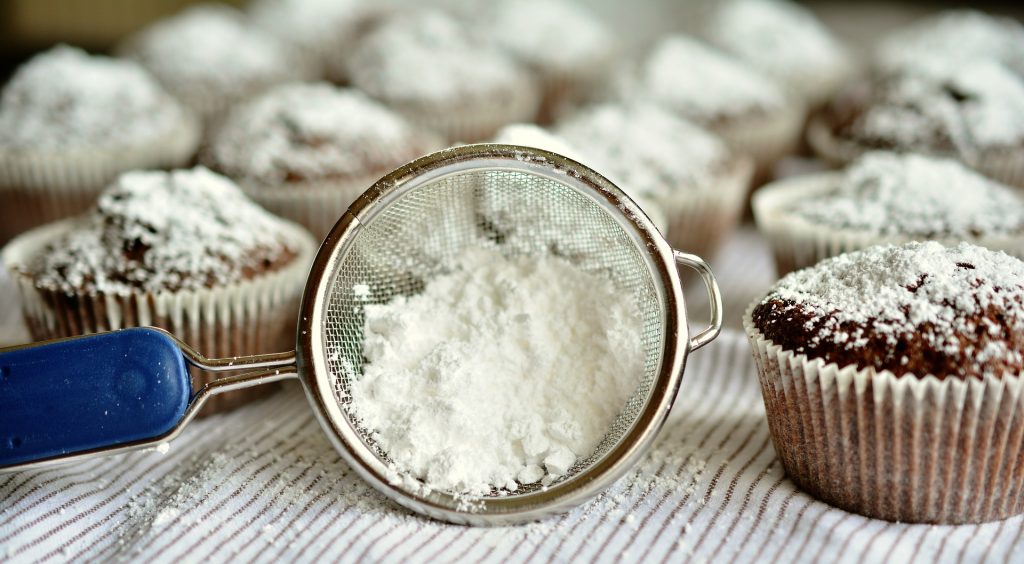This post contains affiliate links which we are compensated for if a purchase is made. Using links costs you nothing and helps to support the ongoing creation of content. Thank you for using them.
Can You Use Caster Sugar For Homebrew? There have been a number of people that have asked on the homebrew forums a variety of questions about whether you can use caster sugar rather than normal white sugar or brewers sugar to make beer, cider, or ginger beer.
Caster sugar is a 100% fermentable sugar that is suitable for use as the sugar in either the primary fermentation or as a priming sugar. The molecule that makes up caster sugar, sucrose, is the same molecule found in white sugar. The main difference is that the caster sugar is milled to reduce the size of the particles. As it is the same type of sugar it ferments in a similar way as white sugar. However, both white and caster sugar contains a different type of sugar from the one used in brewing sugar.
While some homebrewers do use white or caster sugar instead of brewing sugar there is some debate over whether there is a discernible difference in taste. Many brewers state that they cannot taste the difference on homebrew forums however, sources such as Anderson & Hull state in “The Art of Beer Making” that;
“…cane sugar is a disaccharide. Yeast cannot act directly on a disaccharide. …What happens if you use cane sugar for beer ? The yeast will produce an enzyme called invertase, that eventually inverts the sugar and allows fermentation to proceed. But for various reasons, this process leaves a slightly sour aftertaste that cannot be eliminated from the beer. This sourness is one of the most common faults in home-brewed beer. “
I personally struggle to tell the difference in flavor and I do use white sugar, however, I am not all that fussy. It is also worth noting that most commercial breweries use brewers’ sugar rather than Sucrose in their brewing process. So it is entirely up to you which sugar you use. The cost of brewing sugar is typically between 2 to 3 times higher than refined white/caster sugar and is generally available in 1lb, 4lbs, and 10lbs quantities click on the links to see the latest price on Amazon.
What is the difference between Brewing Sugar And Caster Sugar?
Refined white sugar (normal sugar) and caster sugar are derived from sugar cane, though other common sources such as sugar beets also exist. The type of sugar produced from cane sugar is sucrose which is a di-saccharide which means it contains two simple sugars joined together, a glucose molecule and a fructose molecule, see the structure below.

Whereas Brewing sugar consists of Dextrose Monohydrate which is a Mono-Saccharide that has a much simpler linear structure, see the structure below.

The brewing sugar (dextrose) which is referred to as a simple sugar can be fermented immediately by the yeast converting it to alcohol. Whereas white and caster (sucrose) first need to be split into simple sugars before the yeast can convert it to alcohol. This additional step produces some by-products and impurities that may affect the flavor.

Does Caster Sugar Affect How Sweet The Brew Is?
The sweetness of a brew is unaffected by the addition of sugar provided that it is fermentable. The reason for this is that the sugar molecules do not remain in the beverage in the same form that they are added to the mixture initially. Yeast converts the sugar to ethanol and carbon dioxide which results in the removal of the sweet flavor.
So for things like apple juice, which is quite sweet initially, can be converted into an extremely dry beverage through fermentation. This sometimes requires the addition of non-fermentable sweeteners to adjust the flavor to read more about this click here.
Non-Fermentable Sugars
Non-fermentable sugars are ones that cannot be broken down by yeast to simple sugars. If this process does not occur then the yeast will not be able to convert them into alcohol. This inability to break down the sugar occurs because the yeast lacks the enzymes required to catalyze the reaction.
Common examples of non-fermentable sugars used in brewing include Maltodextrins and Lactose. In the case of Maltodextrins, they are naturally present in malted gain and are important contributors to the quality of the final product as they influence properties such as head retention, flavor, and the amount of body in the beer. Whereas sugars such as Lactose are commonly used as additives in things like milk stouts to sweeten the flavor and remove the natural dryness that can occur.
The other alternative to naturally occurring non-fermentation sugars is artificial sweeteners. Artificial sweeteners have no calorific value which means the yeast is simply not interested in converting them into alcohol. There are several different types that are available on the market which include saccharin, stevia, or sucralose. Unfortunately, the most common ones are not ideal for brewing as they tend to produce a tell-tale after-taste that is less than appetizing.
If you want to use an artificial sweetener the best option is Erythritol or Xylitol. They can be used on a one-for-one basis to replace sugar as they have a similar sweetness and do not affect the flavor of the brew (ie no after-taste). Erythritol and Xylitol is not an ingredient that you are likely to find in the local brew store or health food store, however, it can be purchased online from Amazon, click on the links to see the latest prices.
What Are The Other Types Of Sugars That Can Be Used In The Brewing Process?
Outside of the sugars already discussed in this article, there is also a range of other sugars that can be used in the brewing process. However, some of these options are not 100% fermentable. One example of this is corn sugar which is 95% solids with around 5% moisture.
Another common example is rice syrup solids of which there are several types. These products contain up to 75% of fermentable sugars which consist largely of Glucose and Maltose. The remainder of the product contains non-fermentable dextrins that contribute to the character of the beer.
Honey is another more traditional source of sugars that contains 95% of fermentable sugars. However, it is advisable to used pasteurized honey as unpasteurized honey usually contains wild yeasts and also contains amylase an enzyme that can break down larger sugars and starches that would be unfermentable otherwise. They can unintentionally affect the character of your beer.
